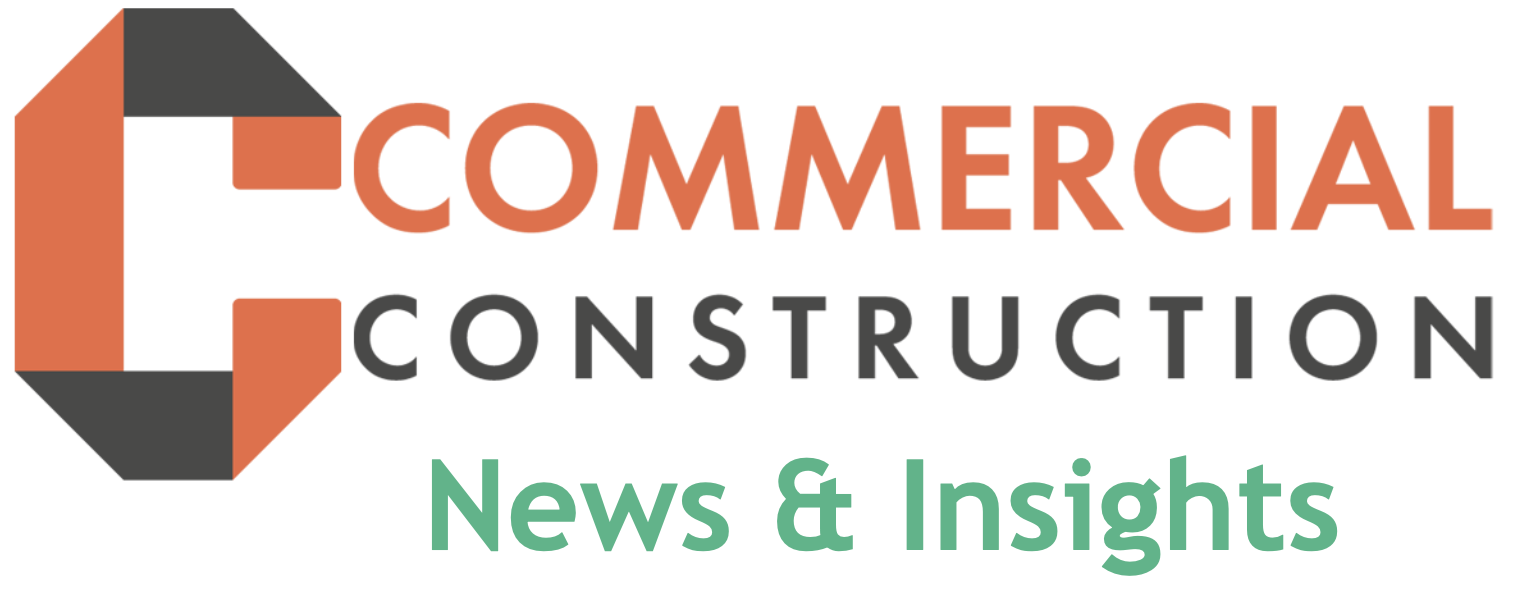Reactive, or Corrective maintenance can be defined as a maintenance task performed to identify, isolate, and rectify a fault so that the failed equipment, asset, or machine can be restored to an operational condition within the tolerances or limits established for in-service operations. Corrective maintenance is maintenance which is typically carried out after failure detection and is aimed at restoring an asset to a condition in which it can perform its intended function.
Preventive maintenance has the following meanings:
-
Maintenance, including tests, adjustments, measurements, and parts replacement, performed specifically to prevent faults from occurring.
-
The care and servicing by qualified personnel for the purpose of maintaining equipment and facilities in satisfactory operating condition by providing for systematic inspection, detection, and correction of incipient failures either before they occur (ideal!) or before they develop into major defects.
The Value of Preventive and Predictive Maintenance
The main value of Predictive Maintenance is to allow convenient scheduling of corrective maintenance, and to prevent unexpected equipment failures. The key is “the right information in the right time”. By knowing which equipment needs maintenance, work can be better planned (spare parts, people etc.) What would have been “unplanned stops” are transformed to shorter and fewer “planned stops”, thus increasing plant availability. Other advantages include increased equipment lifetime, increased retail store safety, and optimized spare parts handling.
Moreover, the planned maintenance of equipment will help improve equipment life and avoid any unplanned maintenance activity (e.g. closing your store!). A successful preventive maintenance program is dependent on the cooperation of all the parties involved. Maintenance managers must rely on the knowledge, ideas, and contributions of all the maintenance personnel at the property.
The implementation of a preventive maintenance program can be time consuming and costly. This creates constant debate as to whether a preventive maintenance program is worth utilizing. Will the man hours and money invested in the program outweigh emergency repairs? From our experience, we confirm that when a program is properly operated the benefits exceed the costs.
There are many other important benefits of a properly operated preventive maintenance program:
-
Production capacity is increased and the number of repairs are reduced
-
Better conservation of assets and increased life expectancy of assets, thereby eliminating premature replacement of machinery and equipment
-
Maintenance evaluation technologies and techniques
-
Timely, routine repairs circumvent fewer large-scale repairs
-
Improved safety and quality conditions for everyone
-
Reduced overtime costs and more economical use of maintenance workers due to working on a scheduled basis instead of an emergency basis to repair breakdowns



